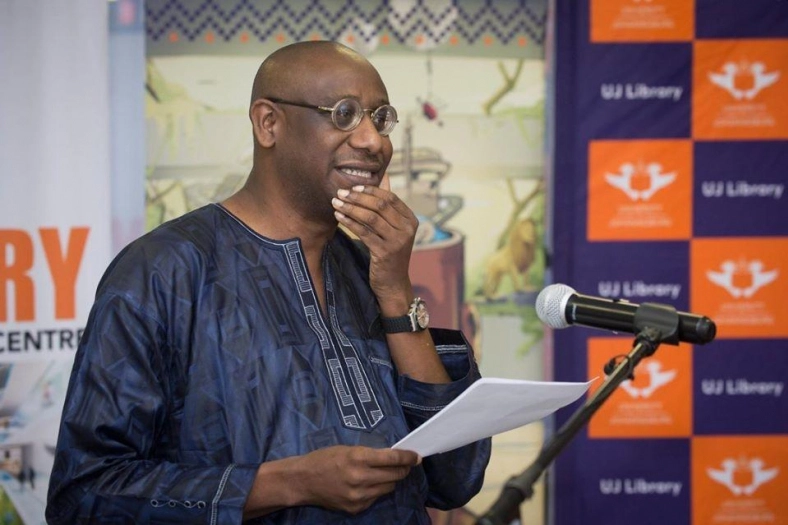In the latter part of the previous century West African states captured the headlines. Civil war in Liberia, Sierra Leone and Guinea-Bissau. Thousand and thousands of people lost their lives. Many people fled, looking for safety, looking for a new lease of life. Military commanders, diplomats, heads of state, all were looking for peace. Sometimes people were looking for peace and democracy in another country while in their own country democracy was a lost item of foreign descent.
Adekeye Adebayo, a Nigerian scholar in the world of politics and philosophy, followed closely the cry for peace, the activities of ECOWAS and ECOMOG. He talked with many people, went through piles and piles of paper s and documents and views and proposals and reviews. In this book (often based on earlier articles by the writer) he traces the background from the years of independence in West Africa, after that focusing on the three countries and ending with a chapter on lessons learned and to be learned on the way to a Pax Africana (Ali Mazrui).
Adebajo adresses four main questions in his study: 1) What were the political, economic, and security constraints to establishing a subregional security mechanism and to promoting economic integration in West Africa between 1960 and 1990? 2) What domestic, subregional, and external factors hampered or helped peacemaking efforts in Liberia, Sierra Leone, and Guinea-Bissau, and what factors account for the unresolved security and political processes in all three countries? 3) How successful have efforts at conflict management been in these three cases, and what factors were responsible for similar or different outcomes in these countries? 4) What are the lessons that can be derived from the three cases for building sustainable peace in West Africa and, more, specifically, for institutionalizing ECOMOG as a permanent security mechanism in West Africa?
The writer embarked in a fascinating search to find detailed answers to these questions. We read about the role of ECOWAS and ECOMOG in these three cases. We read about the dominating position of Nigeria, the differences between the anglophone and francophone (and in the case of Bissau, the lusophone) countries? We delve into the role of the former colonial powers and also the United States of America and the United Nations. We see the role of civil society. It is a well of information written down in a clear way. We listen to dictators talking about democracy (in other countries!!). We encounter governments supporting rebel groups in other countries. We hear the marching boots of ‘the dogs of war’. This book is a well of information, all written down in a clear way.
In the final chapter Adebejo is looking forward to a Pax Africana, but before that he singles out nine issues form the three cases: 1) the role of autocracy in fueling conflicts in West Africa. 2) the disturbing trend of government support for armed factions and rebels from other states. 3) the improvised nature of the ECOMOG interventions. 4)the need for subregional actors to apply lessons from prior peacemaking efforts in undertaking new missions. 5) the need for Nigeria to learn important lessons from these three cases in pursuing its leadership ambitions in West Africa. 6) the role of external factors in fueling and/or managing conflicts in West Africa. 7. the role of local civil society actors in managing conflicts. 8) the potential cooperation between ECOWAS and the UN, 9) the importance of developing strategies and sanctions to deal with ‘spoilers’, who are bent on destroying peace processes.
This book is built on a solid foundation. We see it in the many end notes, the (selected) bibliography, the list of acronyms. To help you find your way in West Africa an Index has been added.
Kudos for Adekeye Adebajo for this insightful and stimulating book.
Adekeye Adebajo
Building peace in West Africa
Liberia, Sierra Leone and Guinea-Bissau
International Peace Academy Occasional Paper Series
Lynne Rienner Publishers, Boulder (USA) and London (UK) 2002



Published by